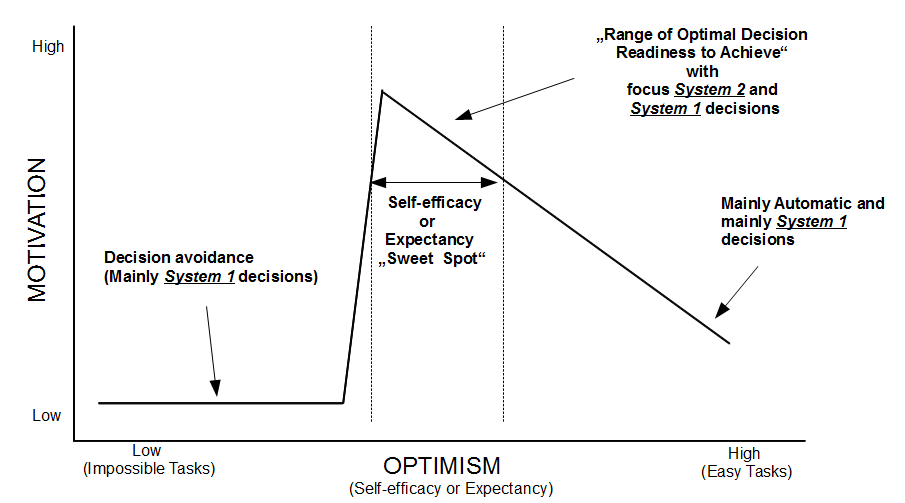
Time for Realism in Decision Making, Optimism & Happiness
There is an in-built mechanism called optimism and overconfidence that lets people believe that they are better, more beautiful, kinder, more intelligent and more skillful than they actually are. While initially comforting for most of us, it is a poor Continue Reading





